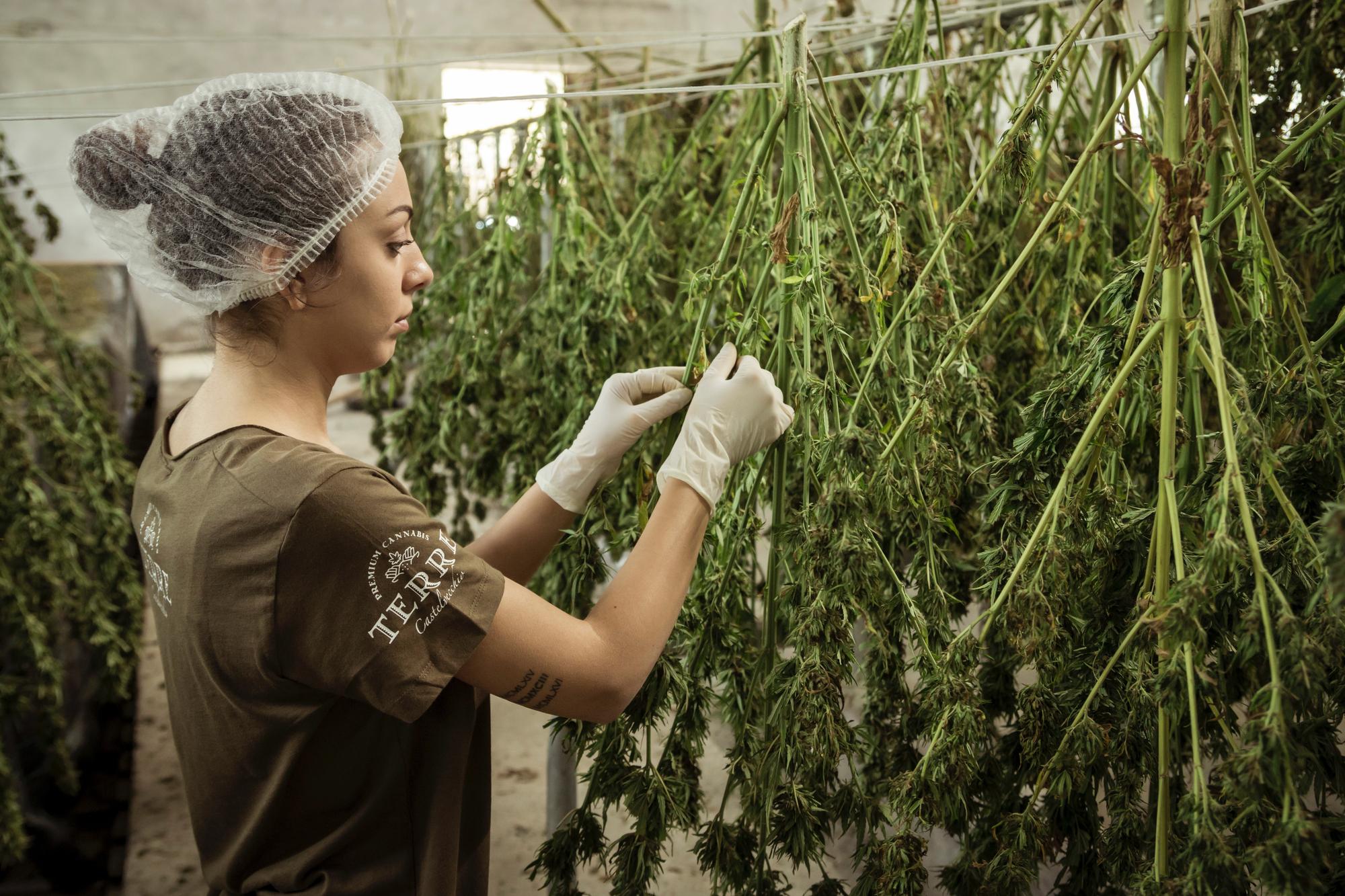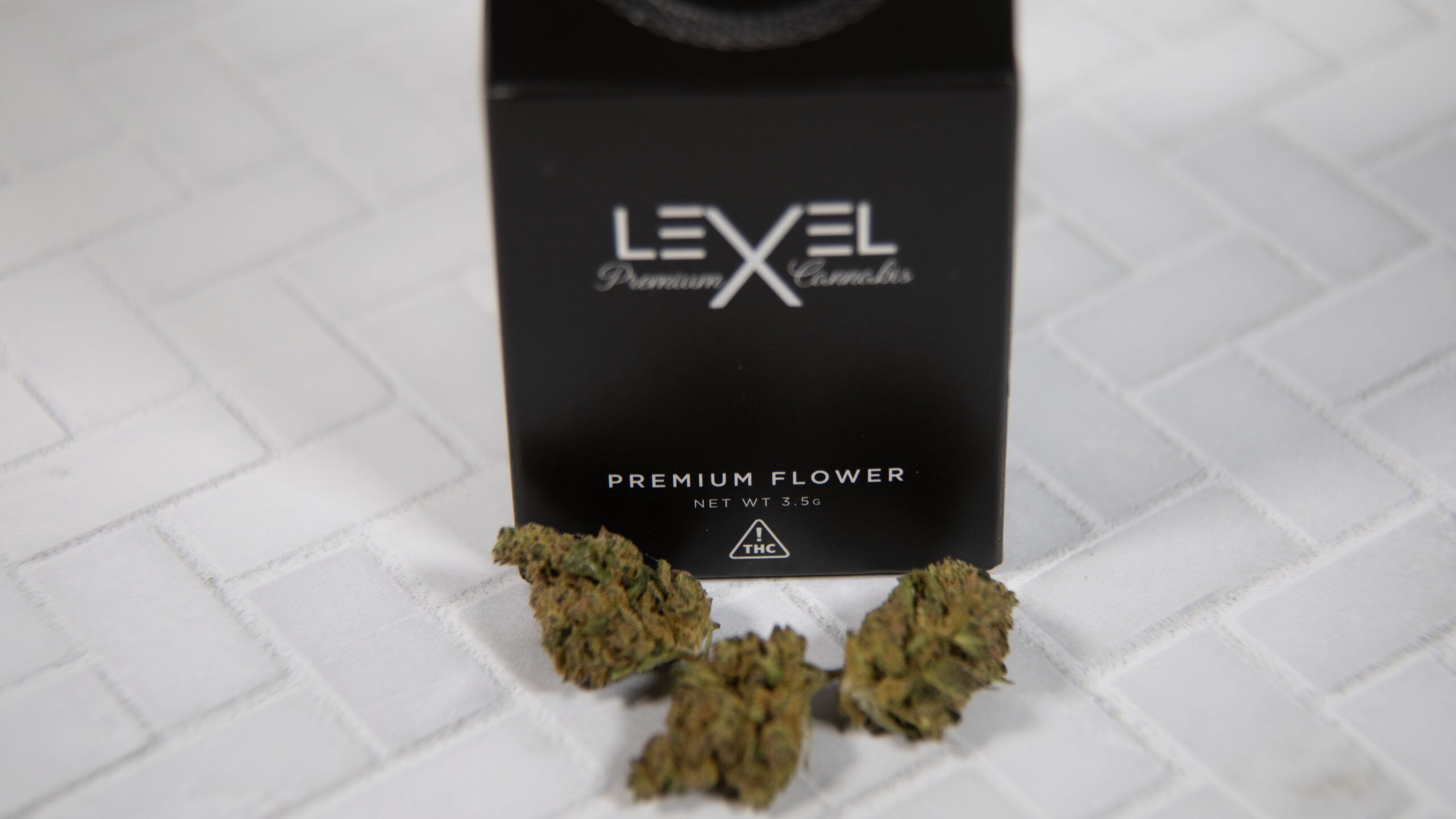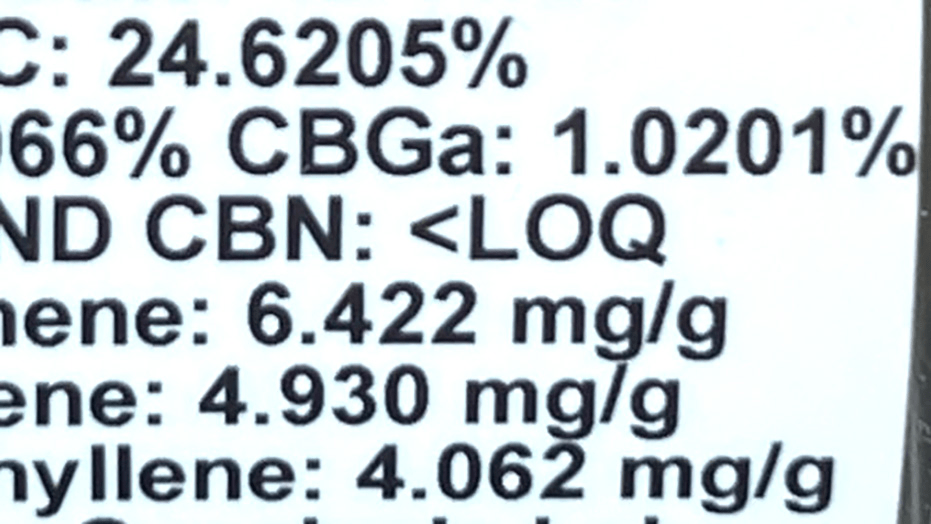In the rapidly evolving cannabis industry, compliance and transparency are not just requirements—they are cornerstones of business survival. For wholesalers in particular, cannabis tracking systems have become essential tools in ensuring accountability, regulatory adherence, and operational efficiency. These systems, mandated in nearly every legal market in the United States, create a digital chain of custody for cannabis products from seed to sale.
Why Tracking Systems Exist
Cannabis remains federally illegal in the U.S., which places a heavy burden on states to enforce strict regulatory frameworks. To prevent diversion to the illicit market, states require licensed businesses to use approved tracking platforms. The most common systems include Metrc (Marijuana Enforcement Tracking Reporting & Compliance) and BioTrack, both of which provide real-time data for regulators, wholesalers, and retailers.
By logging every stage—from cultivation and testing to packaging and distribution—tracking ensures transparency across the supply chain. For wholesalers, this means every product they handle can be traced back to its origin, creating an auditable paper trail that protects both the business and consumers.
Wholesalers and Compliance
For wholesalers, compliance is not optional. Cannabis Control Boards and state regulators routinely conduct audits, often cross-referencing reported inventory with physical stock. Errors or discrepancies, even unintentional ones, can lead to fines, license suspensions, or loss of business credibility.
Tracking platforms help wholesalers avoid these pitfalls by automating recordkeeping. Instead of relying on spreadsheets or manual logs, businesses can scan barcodes or RFID tags that link to state-mandated systems. This integration minimizes human error and streamlines reporting, ensuring wholesalers remain in good standing with oversight bodies.
Operational Benefits
While compliance is the primary driver for adoption, wholesalers also benefit operationally from cannabis tracking. Inventory management becomes far more efficient when products can be located, verified, and reconciled in real time. Wholesalers can track which strains or product categories move fastest, providing valuable market insights for forecasting demand and managing relationships with dispensaries.
Furthermore, tracking systems assist in logistics by coordinating shipments and ensuring timely deliveries. For example, if a batch of vape cartridges fails testing for contaminants, wholesalers can identify affected products instantly and prevent them from reaching retailers, protecting consumer safety and brand trust.
Consumer and Market Trust
Trust remains one of the most valuable currencies in cannabis. Retailers and consumers alike want assurance that products are safe, tested, and authentic. Tracking systems provide that assurance by certifying the journey of each item through the supply chain.
As counterfeit products and black-market competition continue to challenge the legal market, wholesalers who embrace tracking as a transparency tool can differentiate themselves. They can demonstrate reliability to dispensaries and position themselves as compliant partners who safeguard consumer well-being.
Looking Ahead
As federal reform inches closer, the importance of cannabis tracking will only grow. Should interstate commerce become a reality, wholesalers will face even more complex logistical and regulatory challenges. Tracking systems will be the backbone that allows the industry to scale while maintaining integrity.
For now, wholesalers who understand and leverage cannabis tracking not only meet compliance requirements but also gain strategic advantages. By combining regulatory adherence with operational efficiency and consumer trust, they position themselves as leaders in a competitive market.





